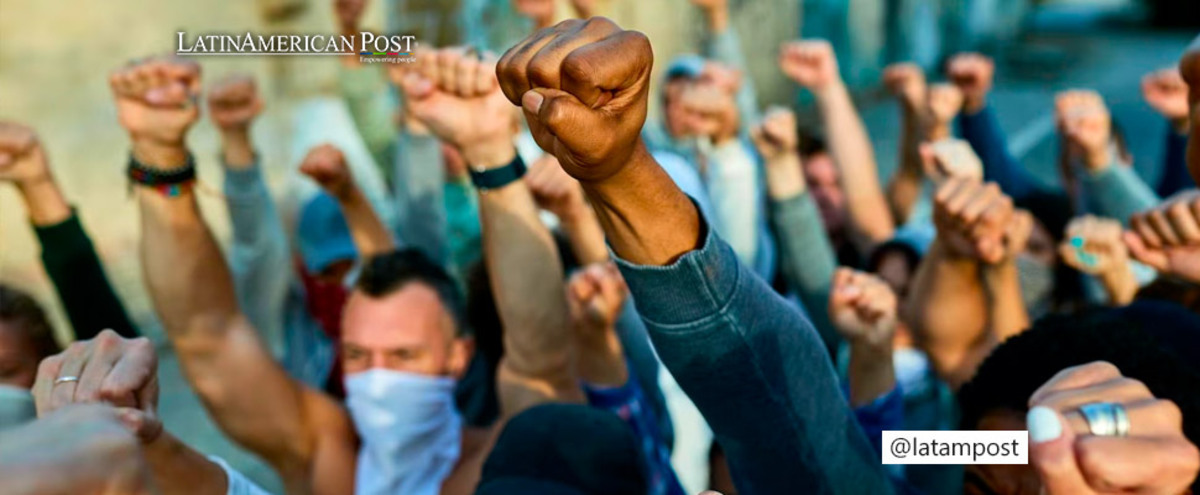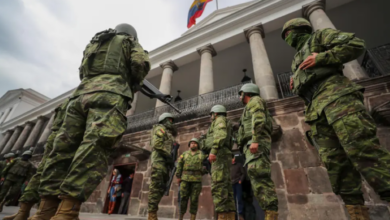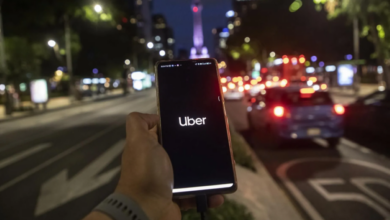The term "woke" has generated a political and cultural battle in the United States, and now it reaches Latin America with shades of leftist thought.

Photo: Freepik
LatinAmerican Post | July Vanesa López Romero
Escucha este artículo
Leer en español: ¿Qué es ser “woke”? El término divisorio que parece estar llegando a Latinoamérica
If the last 3 generations have been characterized by something, it is by having a more critical and open thinking in the face of the injustices of the systems, beliefs, and institutions that serve as the foundation of our world. These are people who face social, political and environmental crises, and denounce the silence of past generations. It term was born in the United States around the 1930s and is currently used to describe a person who is aware of and faces different types of social injustices. But this term, which is widely used today, has a story behind it.
The Origin of “Woke”
Originally, the term was "stay woke" (stay awake) and was used by black communities in the United States as a phrase to encourage anti-racist activism among African-Americans. Over time, it mutated to “woke” and fell out of use with the same force around the 1980s. But it resurfaced in 2014 when the activist group Black Lives Matter brought it up after the murder of Michael Brown by police officers. From this it gained ground, especially on Twitter, where it was used as a meme. In 2017 the term was included in the Oxford Dictionary and its definition is "being aware of social and political issues, especially racism."
Also read: Is it true that Biden's Immigration Policy Has Had a Good Effect?
Since then the term has only gained popularity, and today it is even associated with political movements such as the radical left identity. The truth is that the word has different meanings depending on its place of enunciation. While for some this word means being aware of social injustices and questioning historically established norms for a paradigm shift, for others more conservative the word can be used as an insult. “Woke police” has become a term to describe people who criticize the claims of conservative people with homophobic, racist, misogynistic, etc. cuts.
It is precisely the latter that generated a political and cultural battle in the United States, where people affiliated with the Republican Party use the word as an insult towards Democrats. In fact, the use of the term during the Trump campaign seems to be one of those responsible for the businessman reaching the White House. Thus, we find comments such as those of Donald Trump, where he speaks of “woke tyranny” as an instrument to put into play and put an end to family values. His speech launched him high in the polls. Unsurprisingly, this means further polarization in a country already sharply divided between left and right political thought. A country where, according to CBS polls, more than half of the people associated with each party see members of the other not as opponents, but as enemies.
The Commodification of the “Woke”
Of course, and as usually happens with all social movements, this term has also had its utilitarian sense and has come to be commodified in the capitalist market, which is quite curious considering that within "woke" thoughts there is present the problematic and the consequences of this economic system. Thus, there are many brands with a supposedly progressive thinking that make use of messages related to "woke" to sell their products in markets with a high interest in social empowerment. This has generated that minorities also question the use of the word "woke" and question the use of this type of terms to define political and social ideologies.
His Arrival in Latin America
The region finds itself in an unprecedented political landscape. We see a Latin America with a clear approach to thoughts far from conservatives, and with several countries that for the first time in their history have left-wing presidents. This is the entry stage of "wokeism", as it is called in Latin America. And the situation is worrisome, as it could have the same polarizing effects that it had in the United States. And of course, it also threatens to become a tool used by conservative political groups to defend their ideals and demonize the so-called “pink tide”. We will have to see if these countries, which currently have left-wing or more liberal governments, turn to ultra-right governments in the next elections.





